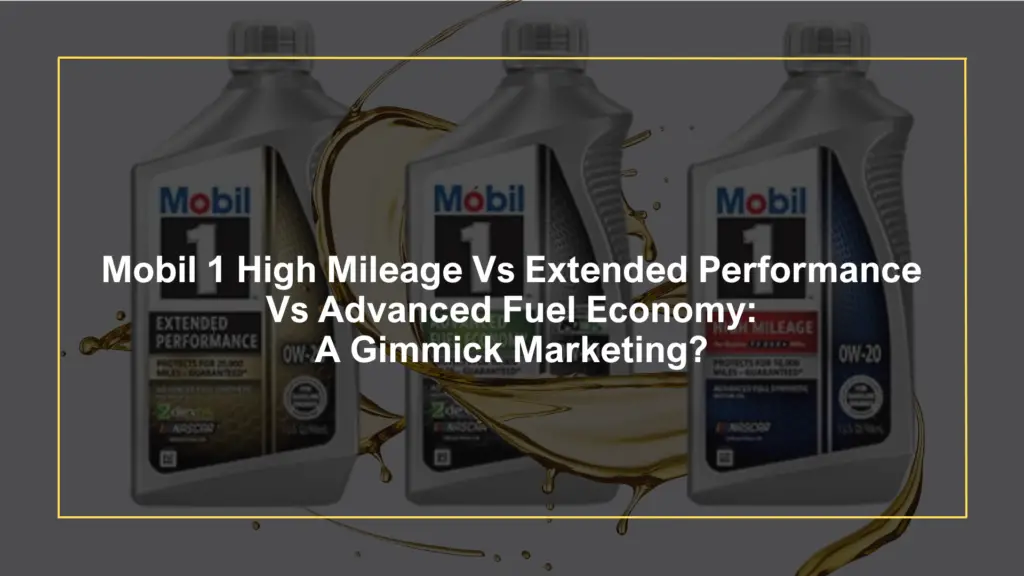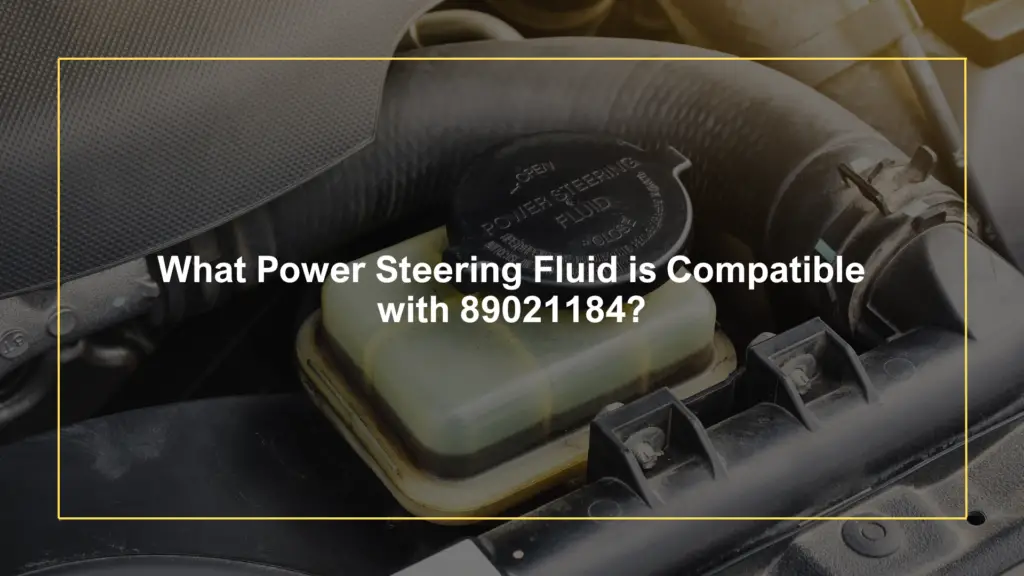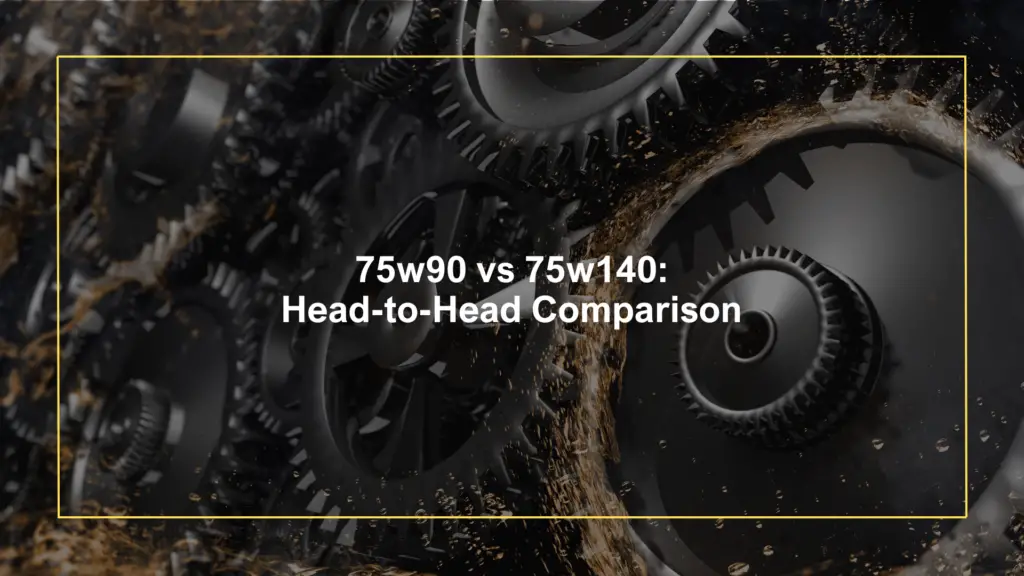Transmission fluid is the main core of a transmission system. It keeps the vehicle’s optimal performance by providing enough lubrication for internal parts, preventing excessive wear and tear, reducing heat, and smoothening gear shifting. A vehicle’s transmission can last longer and function better with the correct oil. One of these special transmission fluids is High-Capacity Fluid (HCF 2), used in many Honda vehicles. This fluid is designed to provide extensive cooling features and improved durability compared to conventional automatic fluids. It has a lower viscosity, which promotes improved fuel economy. The list of its benefits goes on and on. Continue reading to unlock the HCF 2 Transmission Fluid comprehensive guide.
How Honda HCF 2 CVT Fluid Works?

Honda HCF 2 CVT Fluid
Honda HCF 2 fluid is designed to meet the requirements of Hond’s CVT. Its distinctive qualities enable it to enhance the performance and longevity of the car’s transmission. It comprises a unique blend of synthetic base stocks and innovative additive technology known for its enhanced friction characteristics and thermal stability. Friction is responsible for ensuring proper metal component engagement for smooth gear shifting. On the other hand, high thermal stability promotes effective heat dissipation. With this blend, the anti-foaming properties allow less lubricant oxidation and better power transmission. As a result, transmission becomes long-lasting.
What is the Best Time to Replace Fluid in the Honda CVT Transmission?
Most of the time, CVT Transmission doesn’t require constant replacement because they use special fluid intended to last for a very long time. However, numerous automotive professionals recommend changing the gearbox fluid on the odometer when the vehicle reaches 30,000 miles (48280.32 km). Unfortunately, a dipstick won’t work to check that the transmission needs maintenance or repairs. Instead, a mechanic can check it through an obscure service port.
One of the essential things that determine how often you should change fluid is the driving conditions. If a person drives in harsh conditions like heavy traffic, towing heavy loads, or simply driving in extreme temperatures, he should change it more often. Furthermore, it is best to consult the vehicle’s manufacturer for fluid type guidance and changing intervals.
How Long Will HCF 2 Transmission Fluids Last?

Conventional wisdom is that HCF 2 transmission fluid has an exceptionally long service life. In fact, some claim that, with diligent upkeep, theirs will last the lifetime of their car. Changing the fluid every two years can keep your car in top shape for two years or 30,000 miles (48280.32 km). Because certain vehicles require considerable maintenance, it is always wise to review the manual, conduct online research, or talk with the expert mechanic before making any adjustments.
How Much Does it Cost to Change the Fluid?
Based on the estimated factors like the type of vehicle, location, and service centre, the average cost to change the fluid can be around $350 to $400. It is advised to regularly check the CVT fluid to prevent costly damages that can arise from carelessness or misstatement.
Factors Affecting CVT Fluid Changes Intervals
Numerous factors can increase or decrease the lifespan of a CVT Fluid. Heat is among the most influential variables on the change intervals. The typical operating temperature range for CVT Fluid is 82–104°C, while that for automatic transmissions is 82–93°C. Because of this temperature difference, the life of the transmission fluid is significantly reduced. Moreover, mileage and driving states are the other influencing factors. For instance, driving in extreme cold or hot temperatures requires more fluid changes than driving at moderate temperatures. Similarly, mileage can also determine interval because the more you drive, the faster the fluid will deteriorate. The transmission also gets extra wear and tear from carrying big loads or engaging in stop-and-go driving, which necessitates frequent changes.
Symptoms of a Bad Transmission Fluid

Occasionally, while driving, the driver notices something unusual with their cars. It can be a sign of bad or ineffective transmission fluid. Whenever you notice unusual noises, slipping or jerking, overheating, rough shifting, or decreased performance. It indicates that fluid needs to be changed sooner than usual intervals.
Unusual Noises
The whining, humming, or grinding sounds coming from the vehicle’s transmission can indicate that it is time to change the CVT fluid. When the CVT fluid becomes contaminated, it makes more friction than usual, increasing noise.
Slipping or Jerking
It is another sign that your CVT fluid must be changed because, with time, fluid degrades and causes the transmission to slip gears or make jerky movements while driving.
Overheating
When you notice your transmission is producing more heat than regular, it can be a symptom of a bad transmission. This can significantly reduce the performance of the transmission. Getting it checked by a certified mechanic or dealership as soon as possible is important.
CVT Fluid vs. HCF-2 Fluid: Which One is Better?
Both of these fluids came from the same brand. However, these have some similarities and differences. CVT fluids and HCF 2 fluids have the same formula and maintain their lubricating properties even in high temperatures and pressure. However, the key difference is HCF 2 is the upgraded version of CVT fluids. Moreover, Older CVT fluids may not have the potential to work in extreme temperatures like HCF-2 and may not contain some additives found in HCF2 lubricants. Nonetheless, both of them are recommended for use in Honda vehicles. Yet, HCF 2 Fluid stands out due to its key benefits:
- Better fuel efficiency
- Smooth delivery of power
- Fewer repairs and downtime
- Better transmission longevity
- Less wear and tear
What is the Durability of Honda CVT?

Fortunately, compared to CVTs made by other manufacturers like Nissan or Jeep, Honda’s CVT is more dependable. With its continuously variable transmission (CVT), Honda has become known as a reliable manufacturer and a hallmark of popular automobiles. So, it’s not out of the ordinary for Honda’s CVT to last more than ten years. However, you should expect to pay between $2,000 and $3,000 to fix the Honda’s transmission. Also, remember that fixing the transmission is usually not an easy task.
Benefits of Using HCF 2 Fluid

Fortunately, compared to CVTs made by other manufacturers like Nissan or Jeep, Honda’s CVT is more dependable. With its continuously variable transmission (CVT), Honda has become known as a reliable manufacturer and a hallmark of popular automobiles. So, it’s not out of the ordinary for Honda’s CVT to last more than ten years. However, you should expect to pay between $2,000 and $3,000 to fix the Honda’s transmission. Also, remember that fixing the transmission is usually not an easy task.
HCF 2 Fluid is known for its numerous benefits. Some of its benefits include:
- Better Lubrication: Their advanced formula of additives provides better lubrication and less friction and wear and tear.
- Smooth Power Delivery: HCF 2 Fluid reduces friction and provides more efficient power delivery.
- Enhanced Oxidation Resistance: HCF-2 composition is specifically engineered to enhance oxidation resistance, preventing deposit buildup.
- Compatibility: The materials utilized in Honda manual transmissions are compatible with HCF-2 lubricant.
- Better fuel life: A longer service life, less frequent fluid changes, and increased savings for Honda owners benefit from the high-quality HCF-2 fluid composition.
- Full synthetic product: Honda HCF-2 fluid is a full synthetic product that provides superior performance in extreme temperatures compared to conventional fluids.
The precise frictional properties, high viscosity index, synthetic nature, and advanced additive technology of Honda HCF-2 all work together to optimize the vehicle’s performance by ensuring the transmission system runs smoothly and lasts a long time.
Top 3 Honda HCF-2 Alternatives
The Honda HCF-2 transmission fluid is explicitly designed to be used with Honda automobiles. However, it makes sense that individuals would search for alternatives to this fluid, given its high cost. Luckily, several substitutes perform admirably. These are:
- Valvoline CVT Fluid
- Castrol Transmax CVT Fluid
- TRIAX CVT OEM Grade ATF
A Genuine Fluid to Boost Honda Vehicles
Overall, the HCF-2 transmission fluid is the best choice for everybody looking for improved vehicle performance. Due to its low viscosity and advanced additives, it is the most effective fluid you can put in cars ranging from smaller to larger trucks and SUVs. It gets the benefits of less friction, better fuel economy, and enhanced engine lifespan. All things considered, there is no justification for not trying HCF-2 transmission fluid.
Related Reads
- Allison Transmission Fluid Type Explore recommended transmission fluid types, including those suitable for HCF 2 specifications – Read more.
- 5.7 Hemi Oil Type [With Best Products Reviews 2024] Discover optimal oil types for engines like the 5.7 Hemi, ensuring similar expert care as HCF 2 transmission fluid – Learn more.
- Understanding ILSAC GF-6: The Best Engine Oils for Modern Vehicles Learn about ILSAC GF-6 standards and their implications for transmission fluids like HCF 2 – Explore here.
- Transmission Fluid Change Cost Explore the costs associated with changing transmission fluid, including considerations for HCF 2 – Discover now.


